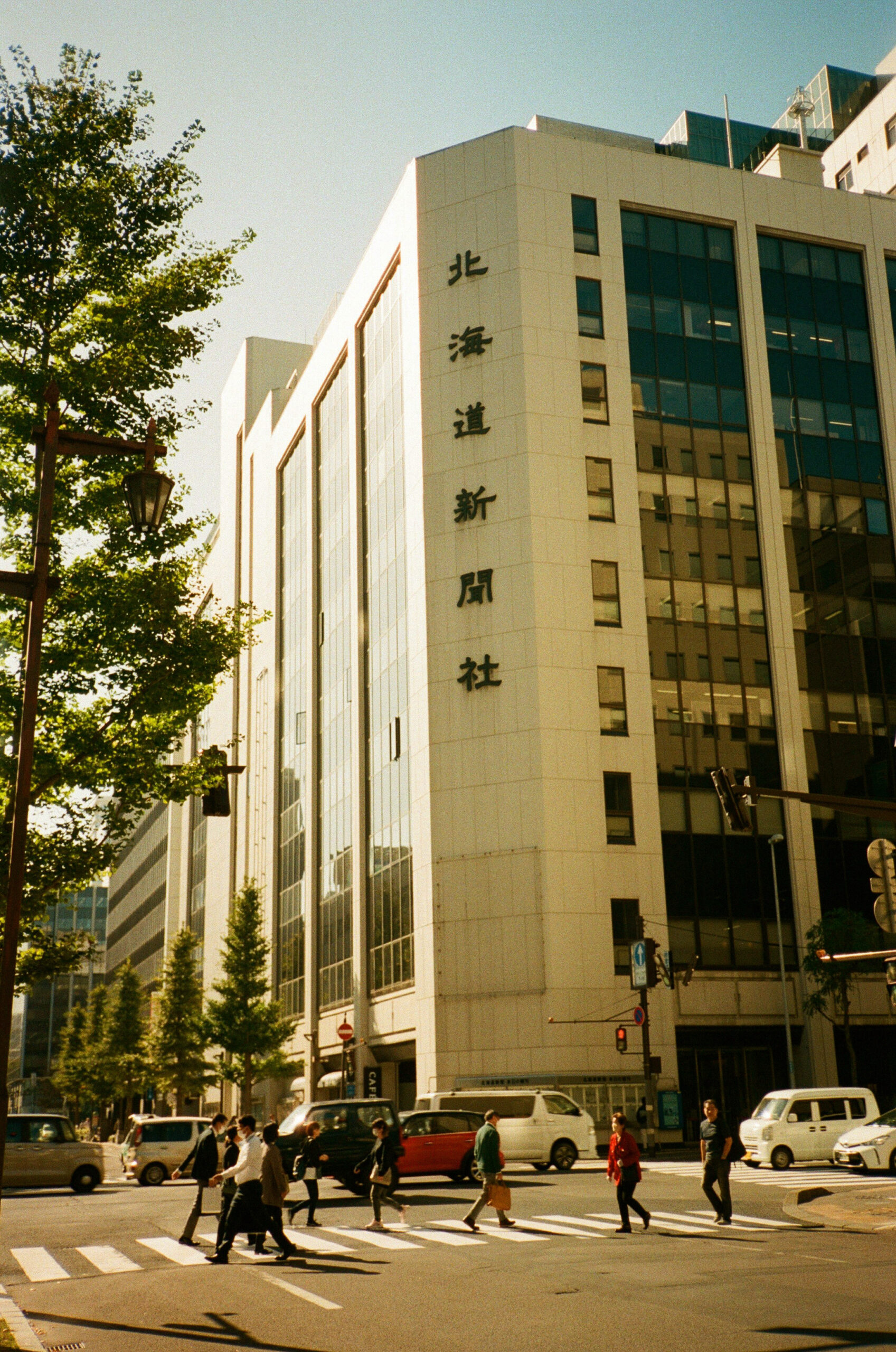
The Glow of the Office Tower Is Fading for Younger Elites
For decades, one of the most iconic images of Japan and South Korea has been the skyline at night: rows of office windows still lit long after sunset. Inside, employees pushed through another round of overtime under fluorescent lights. The cubicle was not just a place—it was a life.
But today, among the younger elite in both countries, that light is dimming. The glow of the corporate grind is being replaced with something softer: a desire for slowness, balance, and meaning.
by Onur Kimyonok
The Historical Blueprint: Survival Through Work
Japan’s post-WWII recovery demanded total corporate loyalty. Lifetime employment in exchange for long hours was the social contract. Overwork turned into a badge of honor—even at the cost of health.
South Korea’s economic miracle unfolded in just one generation. Fueled by discipline, sacrifice, and ultra-competitive education, success was measured in jobs at chaebols—not in joy.
Confucian values reinforced it all—respect hierarchy, suppress individuality, work for the group. In both countries, to rest was to fall behind.
The Current Shift: Intentionality Over Intensity
Across Japan and South Korea, the MZ Generation (Millennials + Gen Z) is trying to push back against deeply rooted norms, where “death by overwork” (karōshi in Japan, gwarosa in Korea) remains a recognized phenomenon.
- A Youth Happiness Gap: While Japan ranks 51st overall in the World Happiness Report, it drops to 73rd among those under 30—revealing growing discontent among the younger generation. (Source)
- The Burnout Epidemic: Burnout remains widespread—nearly 70% of Korean office workers, especially women, reported experiencing it in 2020.The societal pressure to work hard simply to avoid being seen as lazy is starting to lose its grip
- Shifting Work Values: According to The Japan Research Institute, only 30% of young adults in Japan now believe climbing the corporate ladder is important. In South Korea, 6 in 10 say they’d prefer a four-day workweek. (Source)
The Global Turn: A New Lens on Success
Younger generations are trading 80-hour workweeks for four-day schedules, flashy job titles for creative freedom, and material excess for mental clarity. A rising class of globally educated, socially conscious, and financially stable young professionals is redefining what success looks like— mirroring a shift seen among their peers worldwide. Here’s why:
- Global Values: A global education has exposed younger elites to post-materialist ideals—self-actualization, sustainability, and mental well-being—reshaping what they value most.
- The Pandemic Shift: The pandemic offered a rare moment of stillness, revealing that life and work could look radically different, while underscoring the fragility and unpredictability of it all.
- A New Definition of Success: Rigid hierarchies, broken institutions, and outdated incentives like status and salary no longer impress. Today’s young professionals are seeking meaning, time, autonomy, purpose, and creativity—these are the new currency of success.
The result? A slow rebellion against hustle culture, where ‘lying flat’ and ‘spacing out’ have become intentional acts of living.
The Current Blueprint: Survival Through Less Work
While global trends have played a role, local realities are just as critical in reshaping what success means for younger generations in Japan and South Korea. Unlike their parents, today’s youth came of age in stagnant economies, not booming ones. They never experienced the glory of the economic bubble. For them, the economy has meant deflation, uncertainty, and decline—not promise. Their outlook on the future is cautious, even bleak, and that disillusionment is driving a shift in their values.
The long shadow of work obsession is becoming impossible to ignore—as demographic crises unfold across Japan and South Korea.
- Japan’s Shrinking Future
Japan’s birth rate has fallen to its lowest level since records began in 1899. By 2070, the population is projected to shrink by nearly 30%, with 40% over the age of 65. - South Korea’s Demographic Alarm
Now officially a “super-aged” society as of December 2024, South Korea holds the world’s lowest fertility rate. The once-booming economic engine is now strained by a looming population collapse.
For both governments, this is no longer just a social concern—it’s a survival issue.
Faced with the reality that the next generation is opting out of burnout, policymakers are waking up to a new urgency: without a cultural shift toward work-life balance, there may not be enough workers—or families—to sustain the future.
Workplace reform is no longer just a progressive ideal; it’s a national imperative.


